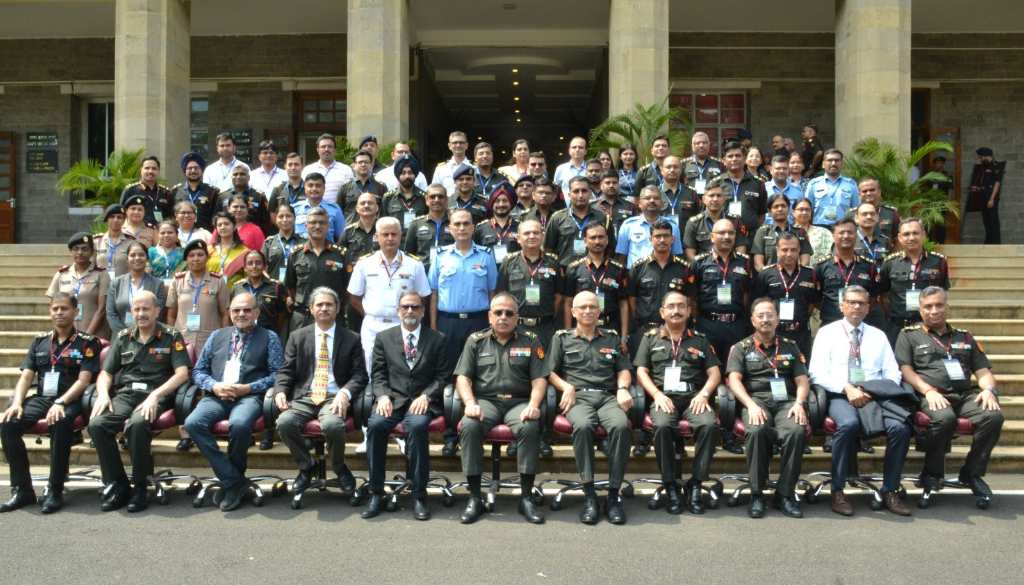AFMC Pune Hosts IMPACT 2024 Conference on Medical Writing and Publishing

Pune, 25th September 2024: The Armed Forces Medical College (AFMC) in Pune recently concluded the IMPACT 2024 conference-cum-workshop, held from September 20-22, 2024. Organized by the Medical Journal Armed Forces India (MJAFI) to mark its 80th anniversary, the event highlighted the journal’s longstanding contribution to medical research. Over the years, MJAFI has established itself as a leading publication, attracting international submissions and earning a cite score of 3.4.
Inaugurating the event, Lt Gen Sandeep Thareja, Director and Commandant of AFMC, emphasized the growing importance of scholarly writing and peer review, especially in light of new requirements for academic roles. “In today’s academic landscape, it’s essential for medical professionals to hone their writing and publishing skills, given that publications are now prerequisites for teaching positions,” he noted. He also stressed the importance of embracing digital tools in the medical publishing process, saying, “As technology advances, we must adapt to digital platforms to stay relevant.”
Maj. Gen. Giriraj Singh, Dean and Deputy Commandant of AFMC, was among the key dignitaries present at the event. Esteemed speakers included:
– Dr. Sanjay Mehandale, Director of Research at PD Hinduja Hospital and Medical Research Center, Mumbai
– Dr. Sanjay Pai, Consultant Pathologist and Director at the World Association of Medical Editors
– Dr. Prathap Tharyan, Adjunct Professor at the Clinical Epidemiology Unit, Christian Medical College, Vellore
– Dr. Shoibal Mukherjee, Director of Medical Research at Medanta Hospitals
– Maj. Gen. J. Debnath, Commandant of Command Hospital (Central Command)
– Maj. Gen. Manas Chatterjee, VSM, Additional Director General of Armed Forces Medical Services (E&S)
Throughout the three-day event, participants engaged in interactive sessions with a focus on key issues in medical publishing. Workshops were designed to enhance participants’ understanding of study design, scientific writing, peer review, and biostatistics. “These sessions aimed to equip authors with the tools they need to produce high-quality research,” said Dr. Mehandale, one of the speakers. “Developing strong writing skills is critical to contributing effectively to the scientific community.”
A significant portion of the discussions addressed emerging challenges, such as preventing plagiarism and recognizing the risks posed by predatory journals. “Navigating the modern landscape of academic publishing requires vigilance,” commented Dr. Pai. “Authors need to be aware of unethical practices in the field and ensure that their work maintains high standards.”
The conference drew around 60 delegates from across India, including aspiring authors, peer reviewers, and editors, all keen to develop their expertise in medical publishing. IMPACT 2024 provided a platform for these participants to learn, collaborate, and contribute to the future of medical literature.








